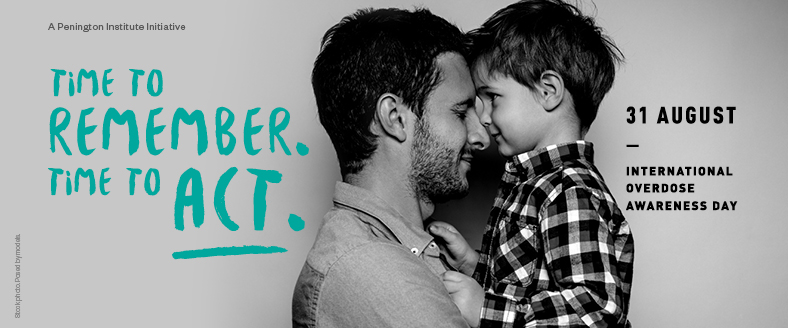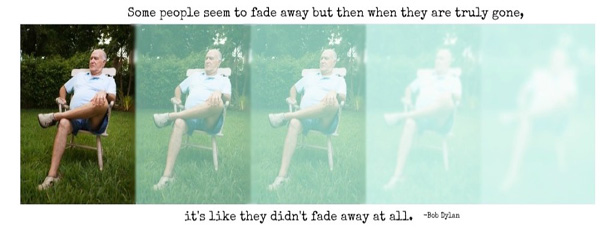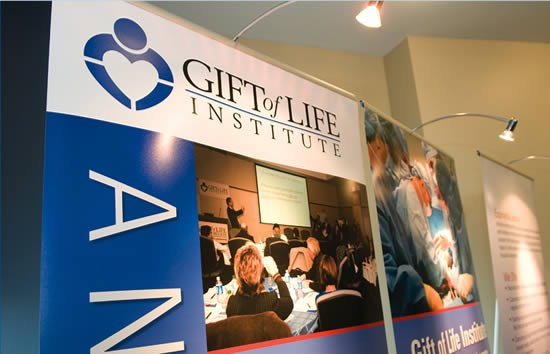National Recovery Month
Now is an important time to acknowledge that mental illness and substance abuse touches us all in some capacity.

As we recognize International Overdose Awareness Day (August 31) and National Recovery Month (September), it is important to remember that how a person dies does not define the person’s life or character, nor does it diminish the suffering experienced by those left behind. Despite increased awareness of its widespread impact, both mental illness and addiction remain stigmatized throughout our society. As a result, grief associated with losing a loved one may be compounded when death ensues as a result of addiction.
Addiction is comprised of an entire series of losses that begin before the death. Often, the losses start when the individual first succumbs to substance abuse. Friends and family watch helplessly as the person they know and love transitions into someone completely unfamiliar. New undesirable behaviors, interests, and people enter into focus. Plans and expectations for the future no longer seem feasible. Trust may be challenged and likely broken. The dynamics of the relationship change or dissolve completely. Although the person in the throes of addiction is still physically present, friends and family may find themselves mourning the person they once were. It may feel strange to grieve someone who is still alive, but the associated emotions are real and valid. This common, yet confusing, experience has a name – ambiguous loss.
Family and friends often feel powerless when their loved one is under the control of addiction. They begin to prepare themselves and accept that this may invariably end poorly. Each of their loved one’s absences from a social gathering is a reminder of their potential void. Every time the phone rings, friends and family flinch and wonder if this is “the call”. The process of expecting the loss of a loved one is known as anticipatory grief. Many of the emotions of anticipatory grief (e.g., sadness, anxiousness, anger, regret) are the same feelings one may experience after a loss. Watching someone suffer through the illness of addiction while adjusting to the reality of losing them is exhausting. Often there is a sense of relief when the death actually occurs. Although this relief may seem wrong and may trigger feelings of guilt, this experience is quite common. It’s important to remember that this relief does not minimize the love for the person who died.
Surviving loved ones often feel as though their loss and grief is disenfranchised. Disenfranchised loss may arise when the circumstances of the death are stigmatized or possess negative connotations. Survivors may feel like they don’t have the right to grieve because society’s message is that their loved one’s death was preventable, shameful, or their own fault. They may feel as though they cannot openly mourn due to the constraints of “societal rules’ and keep their grief hidden. They may feel embarrassed or ashamed as they internalize cultural beliefs around addiction. But it is imperative to remember that no one has the authority to dictate who, how, what, when, or why we grieve. And as we recognize National Recovery Month, it is also important to remember that addiction is not a choice, it is a disease.
Jacqui Kates, LCSW, CT is a Licensed Clinical Social Worker in Pennsylvania, a Certified Thanatologist (expertise in death, dying and bereavement), and former Family Support Services Counselor at Gift of Life Donor Program.


